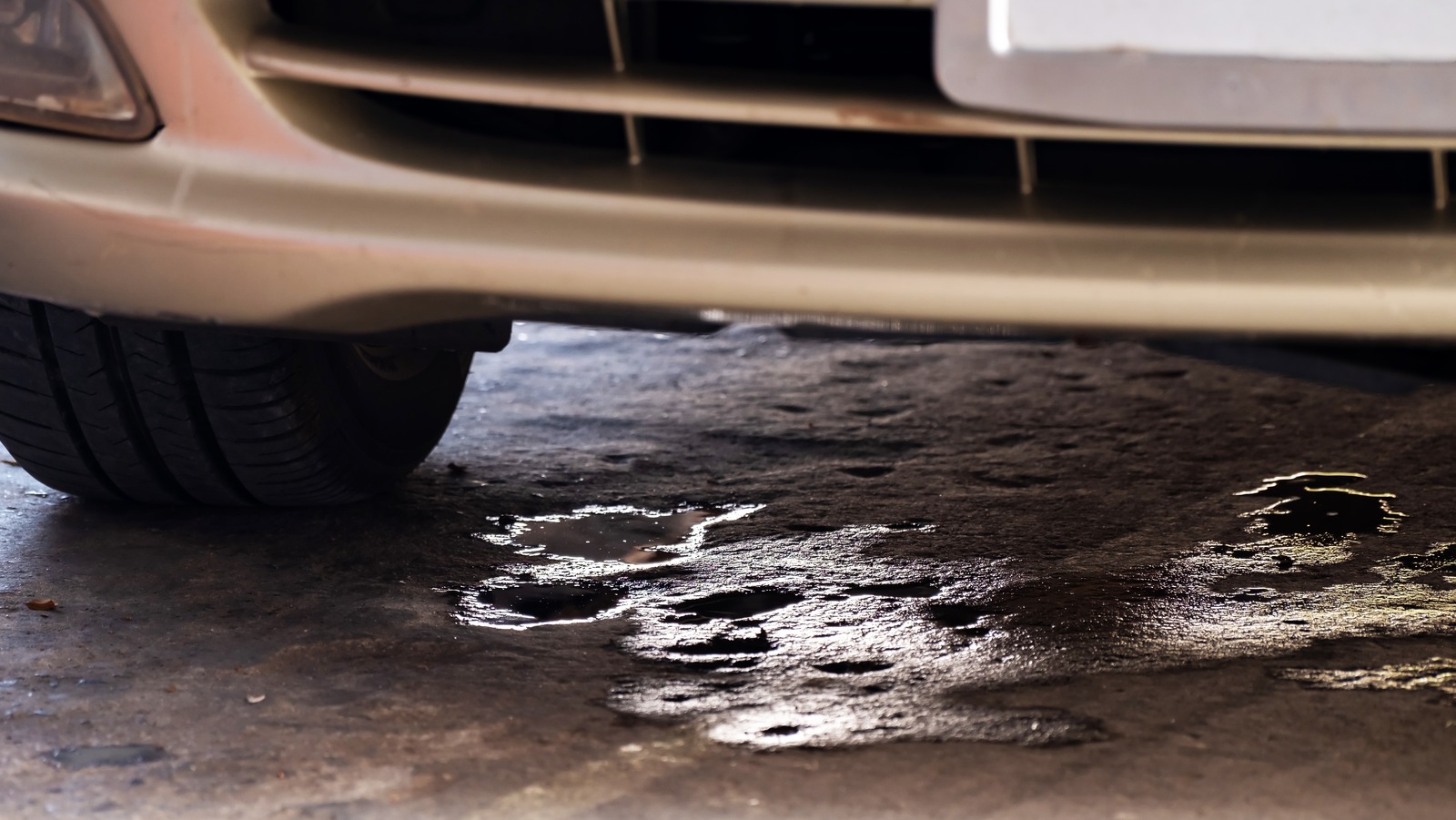Copyright jalopnik

Your car's engine, whether gas, diesel, or hybrid, requires sufficient oil to operate smoothly. Too much oil is bad for any engine, but the right amount offers protection against cold starts, reduces friction, and maintains better fuel economy as the engine runs. As you probably know by now, periodic oil changes are critical to extending an engine's lifespan, but all of that is for naught if your engine has oil leaks. Even the tiniest leak can worsen through neglect, while more significant leaks can make your vehicle guzzle oil like a racing car. Some oil leaks are easier to spot, such as stains and gunk accumulation around the valve covers. The others, well, are harder to point out, but the common denominator is unsightly oil spills on the garage floor, particularly right under the engine bay. In most cases, vehicle age, wear, and neglect are to blame for most oil leaks. Even the best-engineered motors can succumb to oil leaks, and even newer engines can consume oil to the point of initiating a class action lawsuit. On the other hand, engines can have oil leaks through substandard engineering or poor-quality materials, which is a problem that Jeep 2.5L and 4.0L owners can attest to. The truth is, all engines can leak oil as the mileage piles up, and here are the culprits most likely to blame for those annoying oil stains on your driveway.



